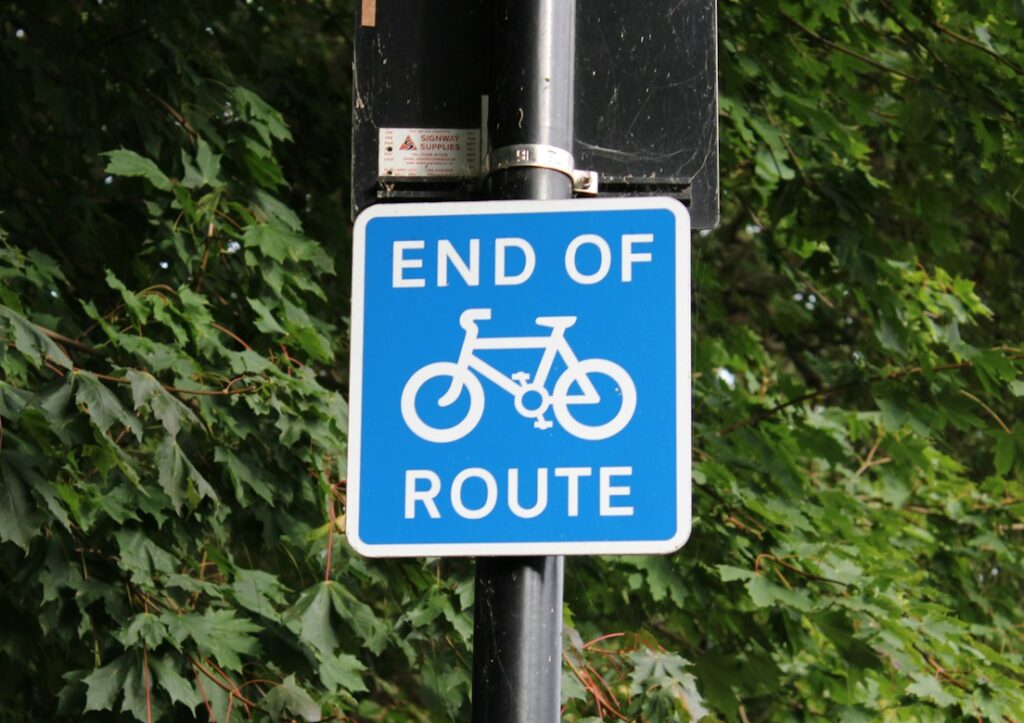Small and medium-sized businesses will have to bear ‘significant costs’ if a charging Clean Air Zone is introduced in the centre of Bath, the Freight Transport Association has claimed.
The organisation, which represents more than 17,000 freight and haulage operators across the UK made the comments in response to the release of Bath and North East Somerset council’s proposals to tackle air pollution in the historic city.
Bath and North East Somerset council has outlined plans for the potential introduction of a charging Clean Air ZonePublished for consultation last week, the proposals include three options for a potential charging CAZ in the centre of the city, which would see pre-Euro 4 petrol engines and pre-Euro 6 diesel engines charged to drive within the specified zone (see airqualitynews.com story).
Options being considered include a potential ‘Class B CAZ’ would see higher-emission buses, coaches, private hires, taxis and heavy goods vehicles (HGVs) charged, or a ‘Class C CAZ’ which would extend a charge to include light goods vans.
Plans are due to be finalised and agreed with the Department for Environment, Food and Rural Affairs by December, and Bath & North East Somerset council has said it expects to have its CAZ in place by 2020.
A decision on charges and hours of operation will be reached after further technical assessment and public engagement, the council has said.
Fleets
But, responding to the plans, FTA’s Head of UK Policy Christopher Snelling has warned that any potential steps to charge light goods vehicles could disproportionately impact small and medium businesses, who may not be able to upgrade their fleets in time to comply with the requirements.
Mr Snelling commented: “When the proposed Zone comes into effect in 2020, many logistics operators, especially small and medium sized firms, will still have non-compliant vehicles and so will face charges of around £100 per day to get through Bath.
Proposed boundary for the charging Clean Air Zone“The effects will be worse if vans are included, which is one of the options. There will only be four years’ worth of compliant vans in the fleet, so any small business that relies on second-hand vehicles in operate in or through Bath maybe priced out of business.”
“FTA is offering its experience and expertise to work with the local authority, to help them develop and introduce its plan in a timely and appropriate manner, so that they can achieve their aims of reducing NO2 whilst supporting businesses and the economy.”
FTA has previously warned fleet operators that cities across the UK could impose charges for the operation of polluting vehicles in congested areas in order to combat air pollution by 2019-20 (see airqualitynews.com story).
Many local authorities are considering whether Clean Air Zones are appropriate to address high levels of air pollution, after having been directed by the Department for Environment, Food and Rural Affairs (Defra) to explore the measure.
Preservation
Among the organisations to come out in favour of Bath’s proposed Clean Air Zone is the Bath Preservation Trust, which has called for the city council to charge all non-compliant vehicles — including passenger cars — to enter the zone.
In a statement, the organisation said: “We are supportive of the proposal by the Council to introduce a Clean Air Zone in Bath, particularly because its boundaries take into account the through traffic crossing Cleveland Bridge and exiting the City along the London Road. We support the highest category of restriction (category D) in order to encourage behavioural change for car users as well as commercial vehicles.
“Bath traffic results in three problems which can damage the listed buildings and harm the amenity of the World Heritage Site: pollution, congestion and vibrations. The CAZ is primarily aimed at the former (pollution) though it is to be hoped that it will also change behaviours of both longer distance drivers and local users. While the CAZ is therefore by no means a total solution to the traffic problems of Bath, we hope that this will provide a first step towards providing a number of ‘carrot and stick’ methods to changing behaviours regarding vehicle movements in the city.”
Bath and North East Somerset council has announced that it will host a series of engagement events to inform residents and businesses of the proposals, as well as seeking feedback on the plans.
Councillor Bob Goodman, cabinet member for development and neighbourhoods, said: “We have to address these NO2 levels and we have do to that in the shortest possible time and by 2021 at the latest.
“We want to strike a balance with a package that can deliver the most benefit to local people in terms of improved air quality, with the least effect on residents and the economy within the deadline to reduce NO2. But we cannot do this alone. We are now starting a series of events where we want to continue working with residents, businesses and other organisations to develop a package of measures that is in the best interests of the city. It is important that people embrace this and help achieve sustainable improvements for future generations.”
Related Links
Bath & North East Somerset council — Charging Clean Air Zone options
















